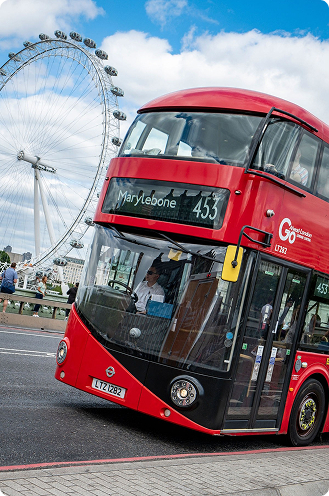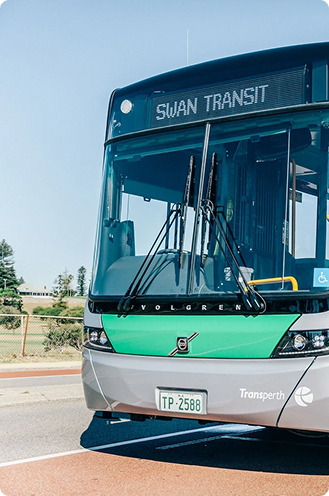









Each committee is chaired by a BIC Councillor or suitably qualified industry member, and plays a role in ensuring national policy development, programs and initiatives (or emerging national issues) are managed, coordinated, and communicated to BIC members. Each chairperson updates the BIC Council on key issues and seeks Council approval/endorsement of industry policy positions or the undertaking of a specific program or initiative.
The BIC Council determines the composition of each Committee. Membership is open to all BIC members and is reviewed annually. Committees meet approximately three times per year on agreeddates. The work of the committees is showcased at BIC national and other industry events.
Provide input into government policies relating to zero-emission buses and provide recommendations on sensible transition policies.
Broad in our scope, we connect our research, policy and advocacy efforts (affecting active and public transport) with core issues such as the economy, health, wellbeing, land use and the environment. A significant part of our mandate includes advocating for sensible regulation and national law on heavy vehicle technical issues, how buses and coaches operate on our roads, workplace health and safety, and industrial relations.
Our research output incorporates economics, public and active travel, bus services, heavy vehicle design, and performance in the following policy areas…
Below are the BIC’s most recent publications…
Bus and Coach Safety Advisories
The series provides information relating to heavy vehicle standards and specifications, safe vehicle operations, vehicle maintenance and infrastructure, and is aimed at manufacturers, suppliers and operators of heavy vehicles, plus related components and infrastructure.
Information provided in this series may also be a useful reference for Australian state and territory governments, transport agencies and transport regulators.

Below are relevant regulation and standards resources that can be incorporated into existing heavy vehicle specification forms (systems) for use by manufacturers, bus operators and transport agencies.
Below are relevant regulation and standards resources that can be incorporated into existing heavy vehicle specification forms (systems) for use by manufacturers, bus operators and transport agencies.


Below are relevant regulation and standards resources that can be incorporated into existing heavy vehicle specification forms (systems) for use by manufacturers, bus operators and transport agencies.